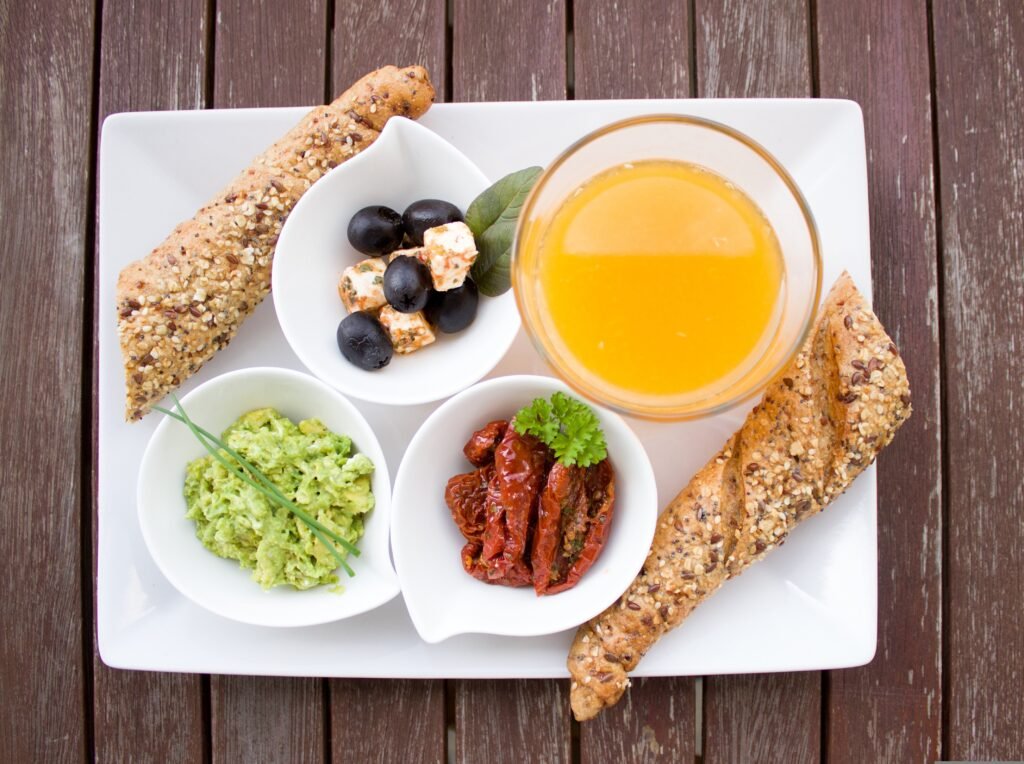
Table of Contents
Overview
Cancer is a leading health concern worldwide, and while no single food can guarantee cancer prevention, a growing body of research suggests that a healthy diet packed with specific nutrient-rich foods can help lower the risk of cancer. By incorporating these foods into your daily routine, you not only support your overall health but may also enhance your body’s natural defenses against cancer. Let’s dive into some of the top cancer-fighting foods and learn how they work to protect your body.
Cruciferous Vegetables
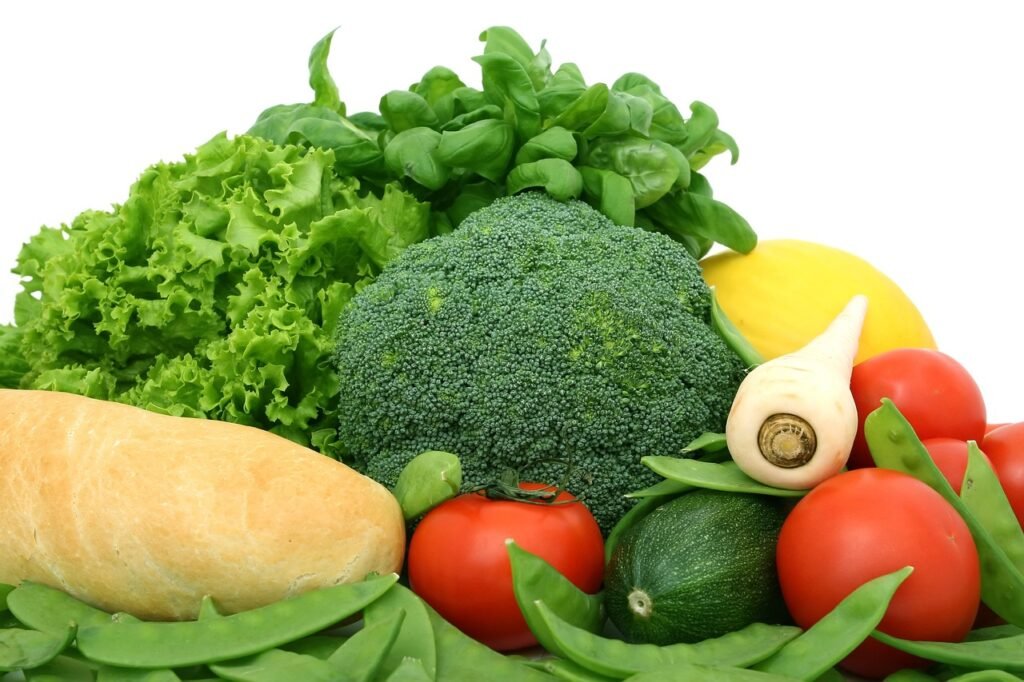
Cruciferous vegetables such as broccoli, cauliflower, Brussels sprouts, and kale are known for their impressive health benefits, particularly their role in cancer prevention. These vegetables contain powerful compounds like sulforaphane and indoles, which are believed to inhibit the growth of cancer cells and protect against DNA damage.
- Studies have shown that these vegetables can reduce the risk of cancers such as lung, breast, and colon cancer. They work by detoxifying carcinogens, supporting healthy cell function, and protecting DNA from damage
Related : Unusual Signs of Dehydration You Should Know About
- Lightly steam or sauté cruciferous vegetables to preserve their nutrients. Add them to salads, stir-fries, or soups for a tasty and health-boosting meal
Berries
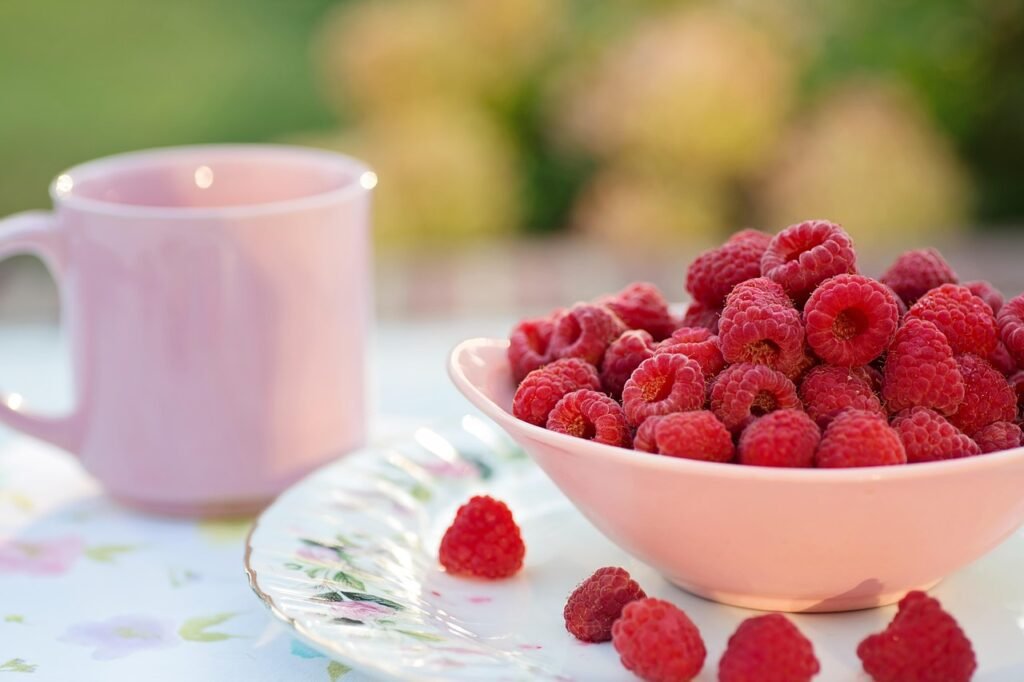
Berries like blueberries, raspberries, strawberries, and blackberries are packed with antioxidants, vitamins, and fiber. One key compound found in berries is ellagic acid, which has been shown to inhibit cancer cell growth and reduce inflammation, a known factor in cancer progression.
- Berries are known for their role in protecting against cancers such as esophageal, colon, and skin cancers. Their high antioxidant content helps neutralize harmful free radicals and supports cell repair.
- Add berries to smoothies, cereals, yogurt, or eat them fresh as a snack. They are a delicious and easy way to boost your daily intake of cancer-fighting nutrients
Related : the Best Ab Exercises for a Stronger Core
Tomatoes
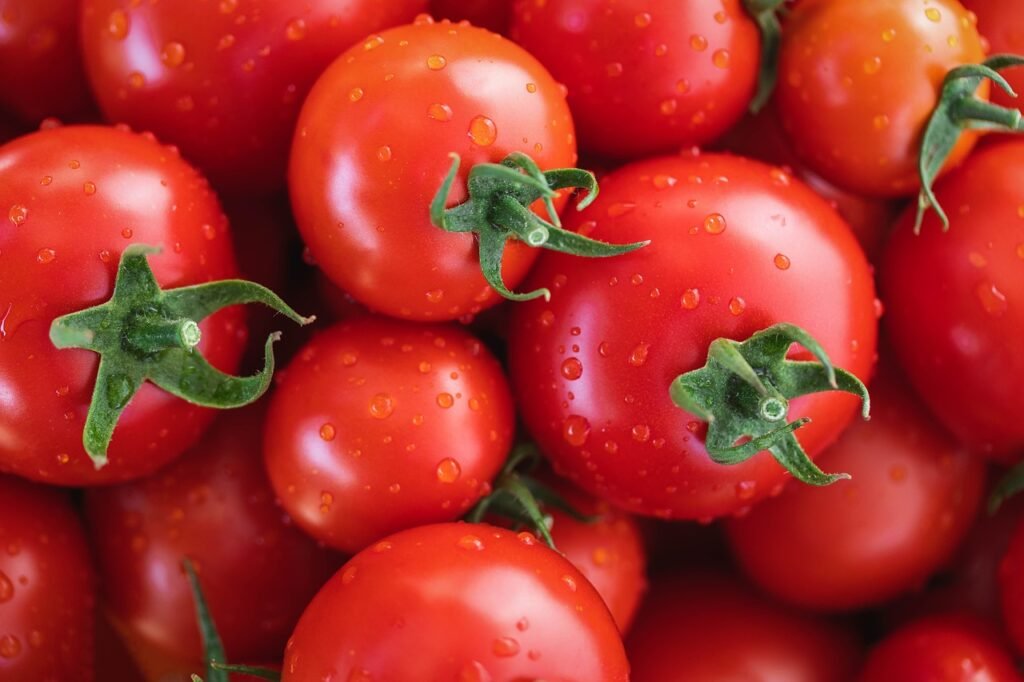
Tomatoes are renowned for their high levels of lycopene, a powerful antioxidant linked to a lower risk of certain cancers, particularly prostate cancer. Lycopene works by neutralizing free radicals, which can otherwise lead to cell damage and cancer.
- Regular consumption of lycopene-rich foods, like tomatoes, has been associated with a reduced risk of prostate, lung, and stomach cancers. Cooking tomatoes increases the bioavailability of lycopene, making it easier for the body to absorb.
- Use tomatoes in sauces, soups, or fresh in salads. Cooked tomatoes, especially with a bit of olive oil, provide an even higher concentration of lycopene
Garlic
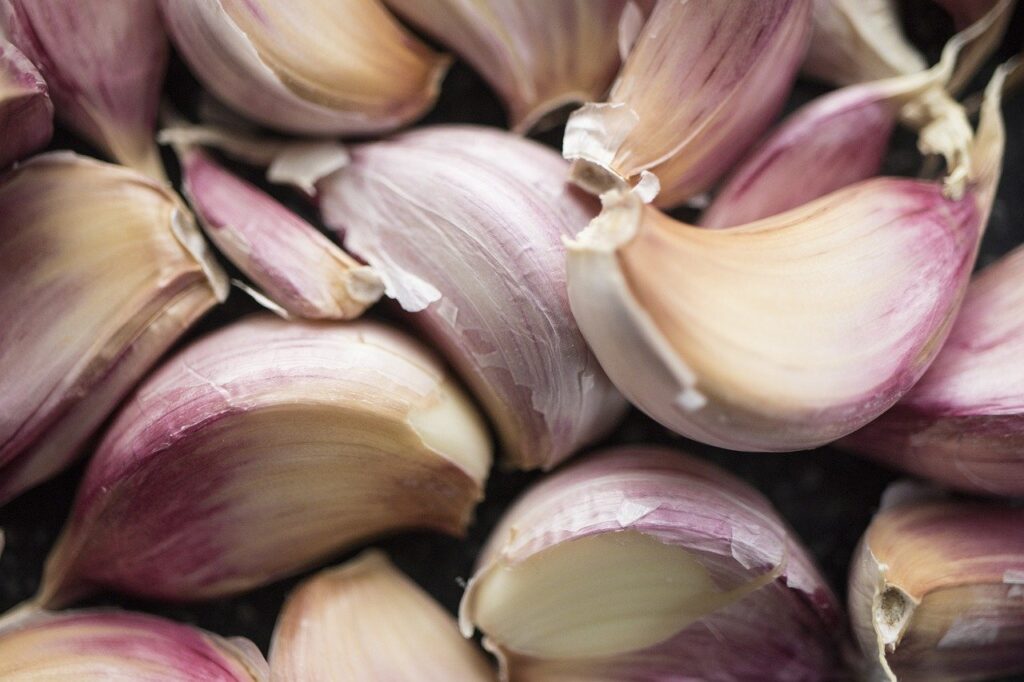
Garlic has long been praised for its health benefits, and modern research supports its role in cancer prevention. Garlic contains sulfur compounds, such as allicin, which may help activate the body’s immune response and reduce the risk of cancer development.
- Garlic consumption is associated with a lower risk of stomach, colorectal, and breast cancers. Its compounds help detoxify carcinogens and inhibit cancer cell growth
- Incorporate fresh garlic into your cooking, whether in soups, sauces, or marinades. For maximum health benefits, chop or crush garlic and let it sit for a few minutes before cooking
- Related : 10 Ways to Fight Sugar Cravings
Green Tea
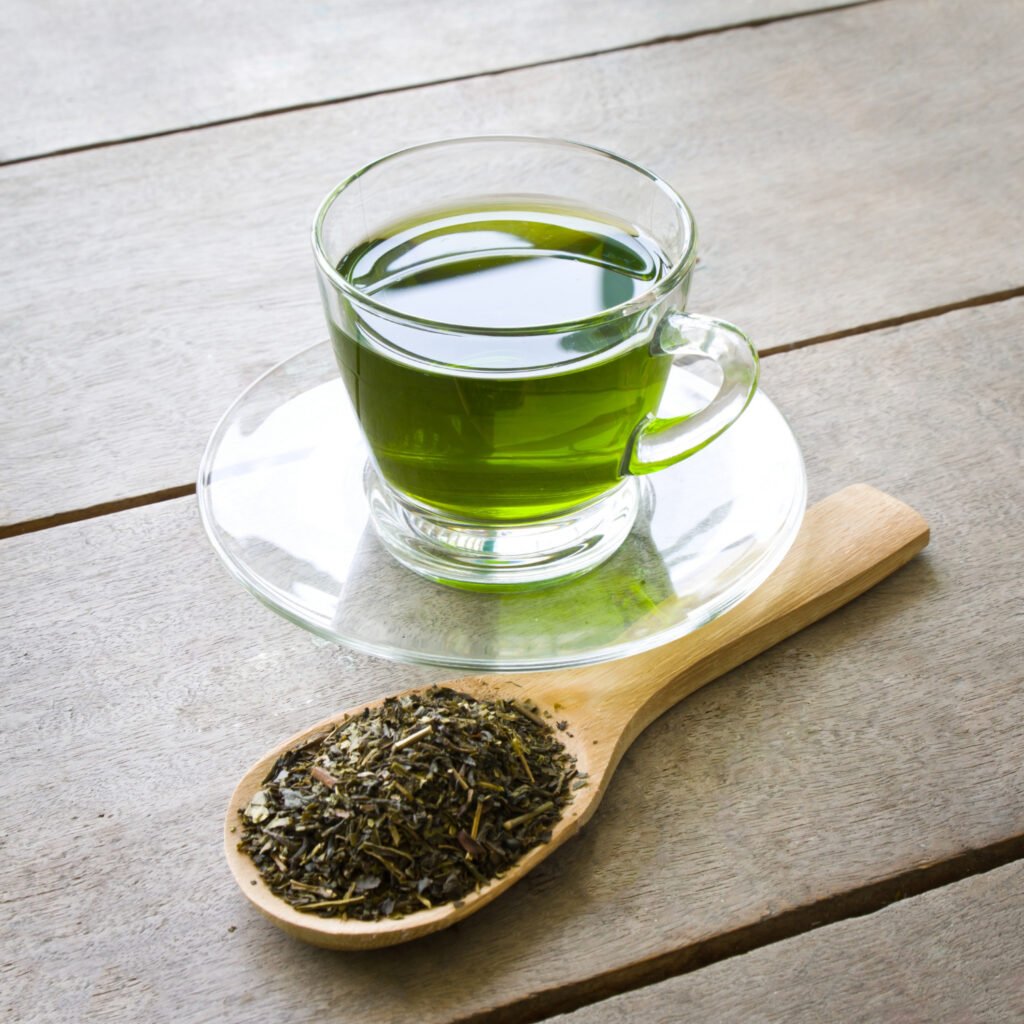
Green tea is rich in catechins, potent antioxidants that help protect cells from oxidative damage and inflammation. Drinking green tea regularly has been linked to a lower risk of several cancers.
- Research shows that green tea may help lower the risk of breast, prostate, and colorectal cancers by preventing cancer cell growth and supporting the body’s defense systems.
- Drink 2-3 cups of green tea daily, whether hot or iced, to harness its cancer-fighting properties
Carrots
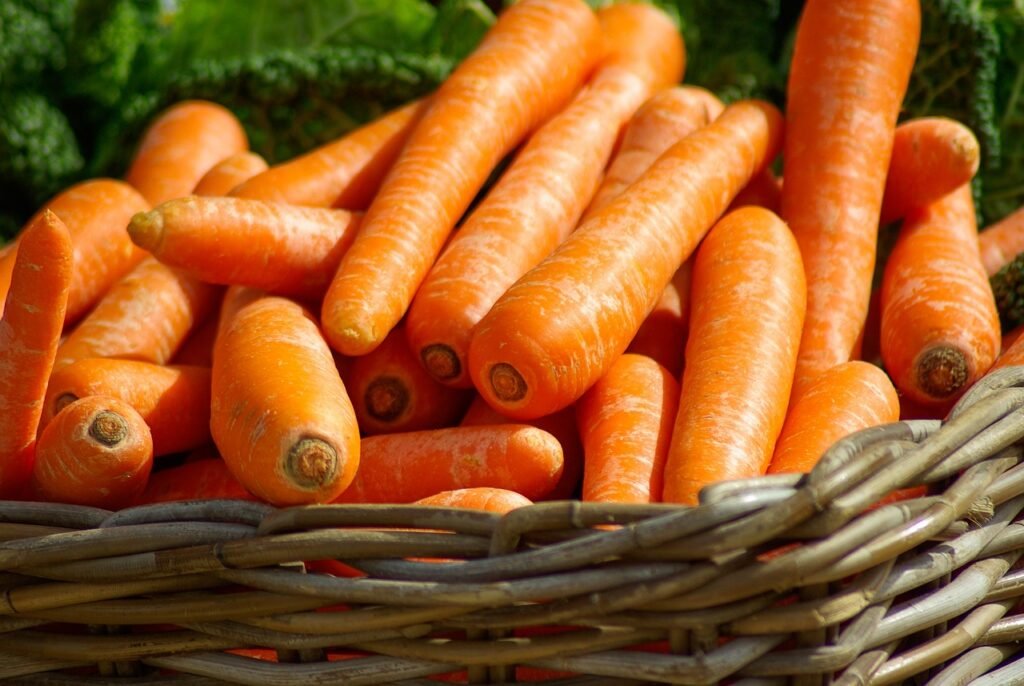
Carrots are packed with beta-carotene, an antioxidant that plays a key role in reducing the risk of lung, mouth, and throat cancers. Beta-carotene supports immune function and protects cells from damage.
- Carrots are particularly effective in protecting against lung and mouth cancers, thanks to their high beta-carotene content. They also promote good eye health and skin integrity.
- Eat carrots raw, roasted, or blended into soups and smoothies. Their natural sweetness makes them a versatile ingredient in many dishes.
Walnuts
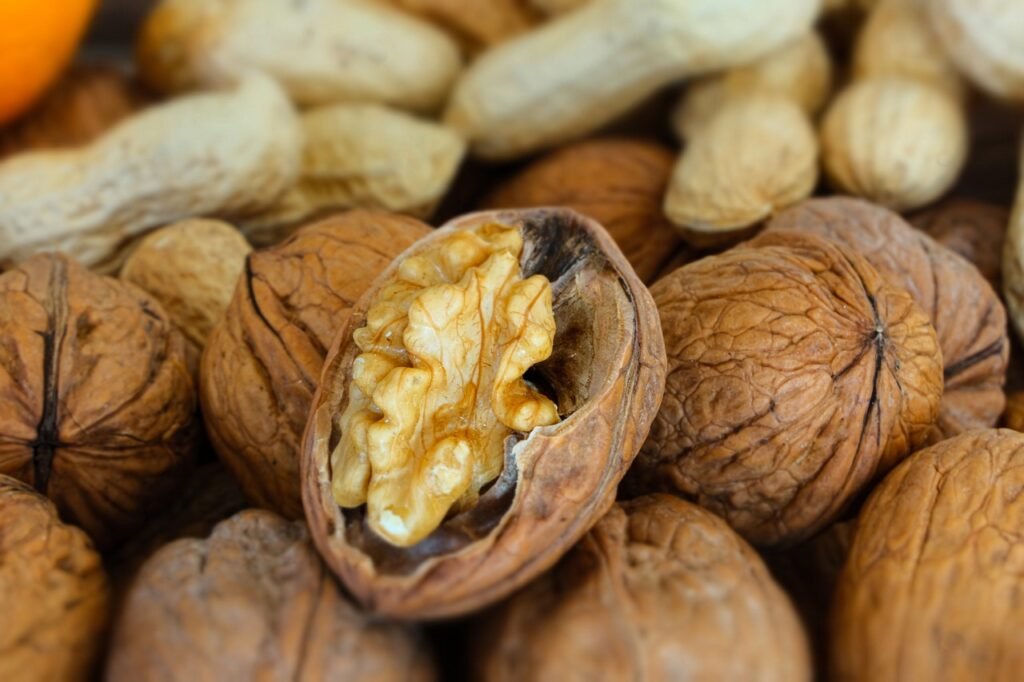
Walnuts contain healthy fats, fiber, and antioxidants, including ellagic acid, which may help slow the growth of cancer cells. They have been studied for their potential role in reducing the risk of breast and prostate cancers.
- Studies suggest that walnuts may lower the risk of certain cancers by reducing inflammation and protecting cells from oxidative stress.
- Add walnuts to salads, oatmeal, or enjoy a handful as a snack to reap their health benefits
Whole Grains
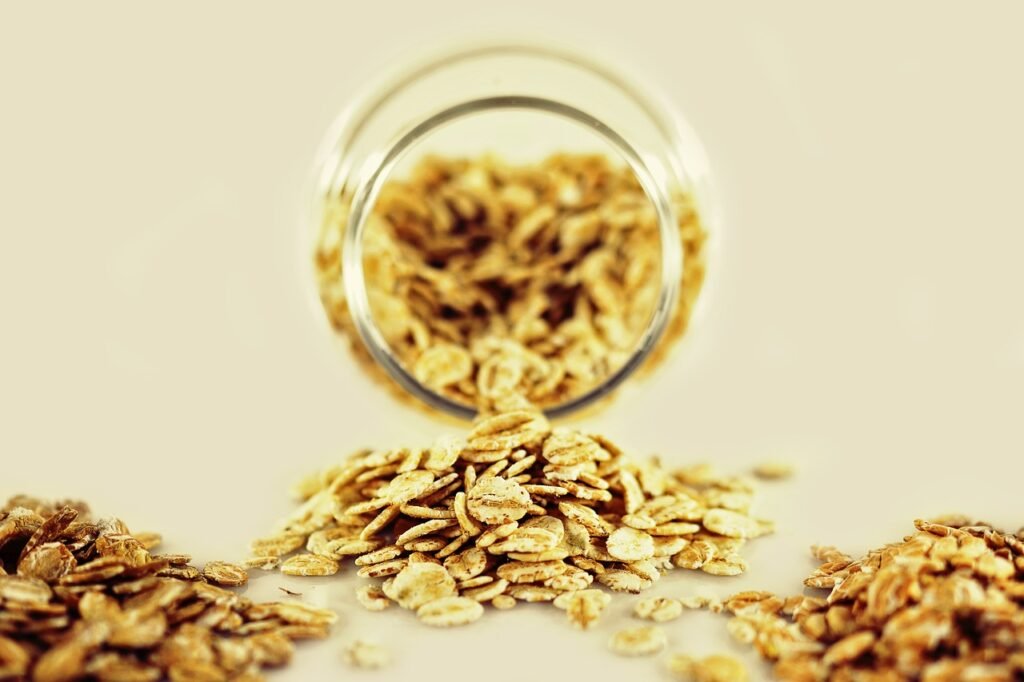
Whole grains such as brown rice, quinoa, and oats are loaded with fiber, vitamins, and minerals. Fiber, in particular, plays a crucial role in promoting digestive health and reducing the risk of colorectal cancer.
- Whole grains help remove carcinogens from the digestive tract, support a healthy weight, and lower the risk of colorectal cancer. They are an important part of a balanced, cancer-preventive diet.
- Replace refined grains with whole grains in your meals. Opt for whole grain bread, brown rice, or quinoa to boost your fiber intake and support your health.
The Takeaway
Incorporating these cancer-fighting foods into your daily diet can have a profound impact on your health. While no single food can prevent cancer, a balanced and nutrient-rich diet full of vegetables, fruits, nuts, and whole grains can significantly lower your risk. By making simple, healthy food choices, you support your body’s ability to protect itself from cancer and improve your overall well-being.
Start small by adding more of these foods to your meals, and enjoy the long-term benefits of a healthier lifestyle
FAQs: Top Cancer-Fighting Foods
Can eating certain foods really help prevent cancer?
While no food can guarantee cancer prevention, a healthy diet rich in nutrient-dense foods can significantly reduce cancer risk. Foods such as cruciferous vegetables, berries, and nuts contain compounds that help protect cells, fight inflammation, and neutralize free radicals, all of which contribute to lowering cancer risk.
What are cruciferous vegetables, and why are they important for cancer prevention?
Cruciferous vegetables include broccoli, cauliflower, Brussels sprouts, and kale. These vegetables contain sulfur compounds like sulforaphane, which have been shown to inhibit cancer cell growth, detoxify carcinogens, and protect DNA from damage, making them powerful cancer-fighting foods.
How does lycopene in tomatoes help reduce cancer risk?
Lycopene is a potent antioxidant found in tomatoes that can help protect against certain cancers, particularly prostate, lung, and stomach cancers. It works by neutralizing free radicals, which can otherwise cause cellular damage leading to cancer.
How many servings of cancer-fighting foods should I consume daily?
It’s recommended to consume a variety of fruits, vegetables, whole grains, and nuts each day. Aim for at least 5-7 servings of vegetables and fruits, along with whole grains and nuts, to optimize your diet for cancer prevention











